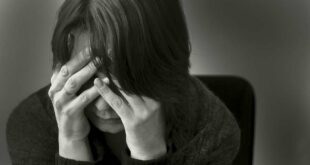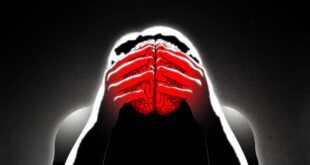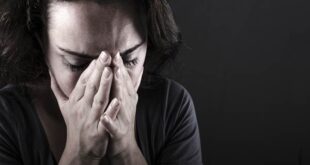It is helpful to identify several of the most salient age-related themes, contexts, and expressions of anxiety in the later adult years. As might be expected from the preceding discussion, these age-related phenomena are mediated by all the factors that contribute to making a particular individualthat particular individual. The following …
Read More »Cohort in anxiety
Why is this octogenarian so preoccupied with even very small financial matters and such a penny-pincher when there seems to be no need for being so? A “fancy” interpretation might dwell on biological changes with age and the hypothetical recrudescence of anal-retentive features. Most gerontologists, however, would probably go first …
Read More »Personality in anxiety
Stereotypes about “the old person” perhaps misrepresent reality most enormously with respect to personality. Attitudinal studies such as those cited earlier have found that elderly people as a class are regarded as rigid, past-oriented, judgmental, asexual, and so forth. These stereotypes are not supported by direct studies of personality in …
Read More »Health in anxiety
It is easier to describe an individual’s functional status, than to ascribe this status confidently to “aging.” Gerontologists have learned to be cautious in offering such interpretations because an observed deficit or impairment can arise from a variety of sources. The tremor in an old person’s voice, for example, could …
Read More »Race with anxiety
Hardships, deprivations, and unequal access to social resources show race-linked patterns from infancy onward. Differential risk factors can both reduce the chances of surviving into old age (Gee, 1989) and contribute to unfavorable economic and health status in old age. An elderly AfricanAmerican, for example, may experience anxiety as the …
Read More »Gender in anxiety
Many sources of anxiety in the later adult years are mediated by genderrelated experiences. Survival is itself correlated with sex/gender: the differential survival gap favoring females increases with advancing adult age (Gee, 1989). This means that elderly females are more likely to face anxieties related to (a) caring for a …
Read More »Anxiety disorders in the UK
Anxiety disorders in the UK The best estimates suggest that: one in four people in the UK will experience a mental health problem each year; one in six will experience a common mental health problem such as anxiety or depression; and that these figures have steadily increased over the past …
Read More »What are phobias?
What are phobias? Here are the key symptoms a mental health professional will look for to decide whether a fear is severe enough to be termed a phobia:• Marked and persistent fear that is excessive or unreasonable, cued by the presence or anticipation of a specific object or situation.• Exposure …
Read More »Psychoanalytic theories of anxiety
Psychoanalytic theories of anxiety The deeper we penetrate into the study of mental processes the more we recognize their abundance and complexity. A number of simple formulas which to begin with seemed to meet our needs havelater turned out to be inadequate…. Here, where we are dealing with anxiety, you …
Read More »Definitions of anxiety
Definitions of anxiety Bearing in mind that there is still no single definition of anxiety, let’s now look at a couple of helpful attempts. The first comes from the DSM (the Diagnostic and Statistical Manual of Mental Disorders), a standard resource for mental health professionals compiled by the American Psychiatric …
Read More » Therapy for anxiety Therapy for anxiety
Therapy for anxiety Therapy for anxiety









